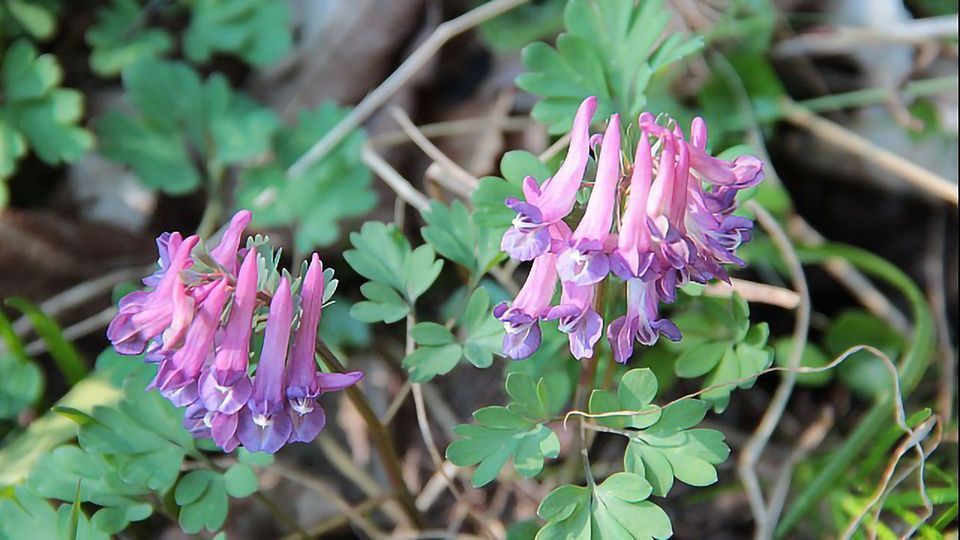Medicinal Plant Extract Can Prevent Morphine Addiction

Complete the form below to unlock access to ALL audio articles.
The extract of the plant Corydalis yanhusuo prevents morphine tolerance and dependence while also reversing opiate addiction, according to a recent study led by the University of California, Irvine. The findings were published in the October issue of the journal Pharmaceuticals.
Over the past two decades, dramatic increases in opioid overdose mortality have occurred in the United States and other nations. During the COVID-19 pandemic, the opioid epidemic has only worsened. The documented effects of YHS, the extract of the plant Corydalis yanhusuo, could have an immediate, positive impact to curb the opioid epidemic.
“It is critical that we decrease the use and abuse of opiates,” said Olivier Civelli, Ph.D., professor of pharmaceutical sciences at the UCI School of Pharmacy & Pharmaceutical Sciences and corresponding author. “To help achieve this goal, we are proposing the use of this therapeutic plant. When used in animals, the Corydalis extract prevents pain and the negative effects of opiate use. The next step would be to test it with humans.”
The opioid epidemic was triggered by an overprescription of opioid analgesics. In the treatment of chronic pain, repeated opioid administrations are required. This ultimately leads to tolerance, physical dependence, and addiction.
A possible solution consists of a co-medication that maintains the analgesic benefits of opioids while preventing their adverse liabilities. The research findings show that YHS, when co-administered with morphine, inhibits morphine tolerance, dependence and addiction. If YHS is used with morphine at the start or during pain management, there will be less need of morphine and thus less risk of addiction.
“Opiate tolerance is of utmost importance to opiate users,” Civelli said. “They need to constantly increase the need of opiates to reach the same analgesic response. This is what leads to opiate overdose. YHS prevents opiate tolerance, so there is less need to increase opiate consumption.”
YHS has been used as analgesic in traditional Chinese medicine for centuries. It is considered safe and readily available for purchase, either online or as a “botanical” in certain grocery stores.
Along with Civelli, the research team also included Lamees Alhassen, co-first author and a student in UCI’s Ph.D. in Pharmacological Sciences program; co-first author Khawla Nuseir of the Jordan University of Science and Technology; along with Allyssa Ha, Warren Phan and Ilias Marmouzi from UCI’s Department of Pharmaceutical Sciences; and Shalini Shah from the Department of Anesthesiology & Perioperative Care at the UCI School of Medicine.
Reference:
Alhassen L, Nuseir K, Ha A, et al. The Extract of Corydalis yanhusuo Prevents Morphine Tolerance and Dependence. Pharmaceuticals. 2021;14(10):1034. doi:10.3390/ph14101034
This article has been republished from the following materials. Note: material may have been edited for length and content. For further information, please contact the cited source.

